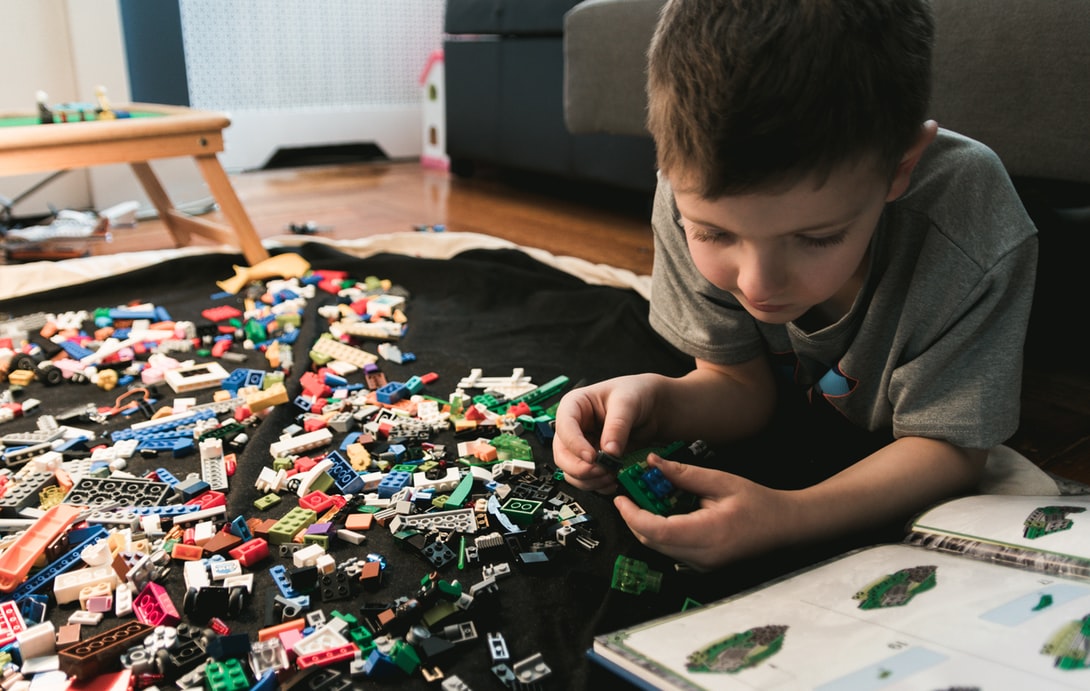How Board Games Develop Skills in Kids
There are so many toys that help with skill development and qualify as ‘educational toys’, but they come in modern avatars that are more attractive to kids. Board games which are a classic form of family entertainment, are packed with many of the same benefits. But they don’t look as ‘exciting’ and typically require more concentration which doesn’t appeal to children and their ability to get distracted easily. So board games tend to get overlooked but from good old Monopoly and Scrabble to the newer ones like Sequence, playing a board game develops social, cognitive and physical skills. Here’s how!
Board games teach children to interact with others
Since most board games are designed for kids and adults to play together, this is a great way for your child to bond with you, and with siblings and friends as well. Waiting for one’s turn, discussing the next move, helping each other out with the rules of the game, all of it contributes to better conversation and communication skills, while learning to be considerate while interacting with others.
Board games help with memory and concentration
Remembering the rules, the role of each piece in the game, what different moves mean for how the game unfolds, contribute towards improving memory. Paying attention to what the other players are doing and understanding what one’s own move should be, builds concentration. Pick a game that your child seems interested in from the very beginning and it will help them stay involved much longer.
Board games encourage critical thinking and problem solving
Getting out of a sticky point in the game, planning a strategic move or figuring out the fastest way to get to the goal and win the game help your child think logically and develop the ability to solve problems. Analysing what another player is doing and why, and how your child’s own move can be better, requires quick and systematic thinking. Exercising the mind at this stage helps your child as he or she gets older and makes bigger decisions.
Board games help improve math skills
Many board games require basic calculations, understanding the odds of winning and counting things like number of moves (like in Ludo), currency or earnings (like in Monopoly). In games that involve dice, your child will learn to count the dice roll and in games like Scrabble, even counting out the exact number of tiles per person encourages math skills. And, math is a component of STEM, a skill set highly required in schools and workplaces today!
Board games improves fine motor skills and hand-eye coordination
Handling the small pieces that come with board games, moving them along the board in the correct manner, rolling a dice, shuffling and handing out cards. These small activities improve motor skills and hand-eye coordination in your child, particularly as they have to be done multiple times in a game.
A weekly board game night at home could be great way to introduce your child to this world! Do you already play them together or does your child have a favourite board game? How do you think they’ve helped your child? Let us know in the comments below!


